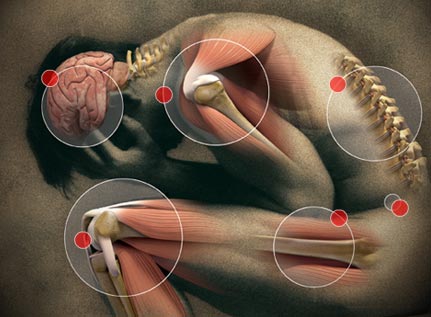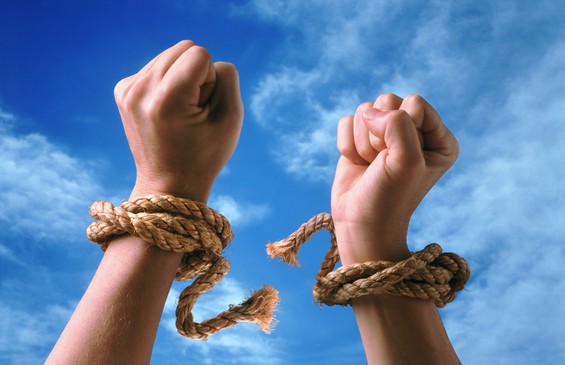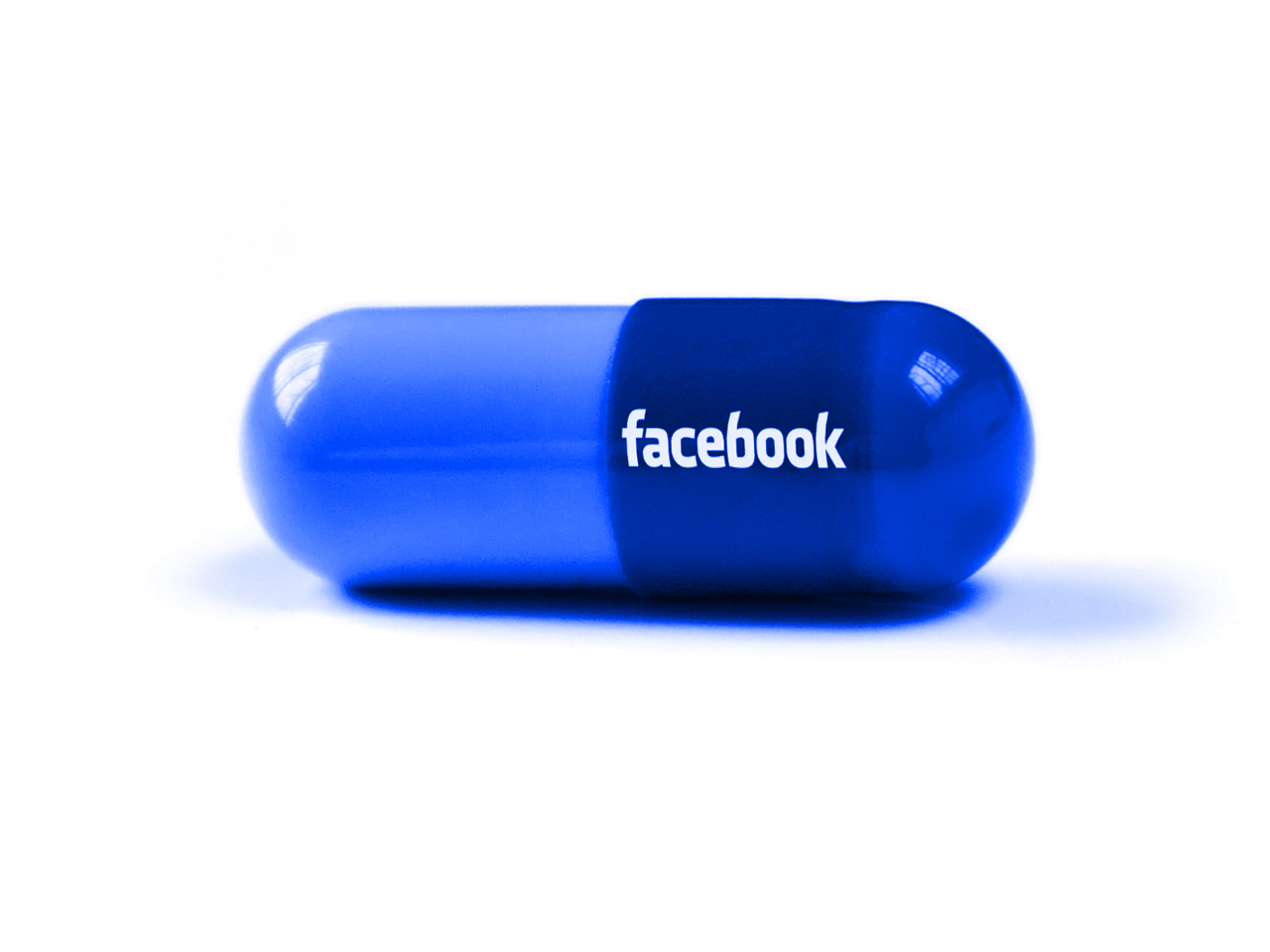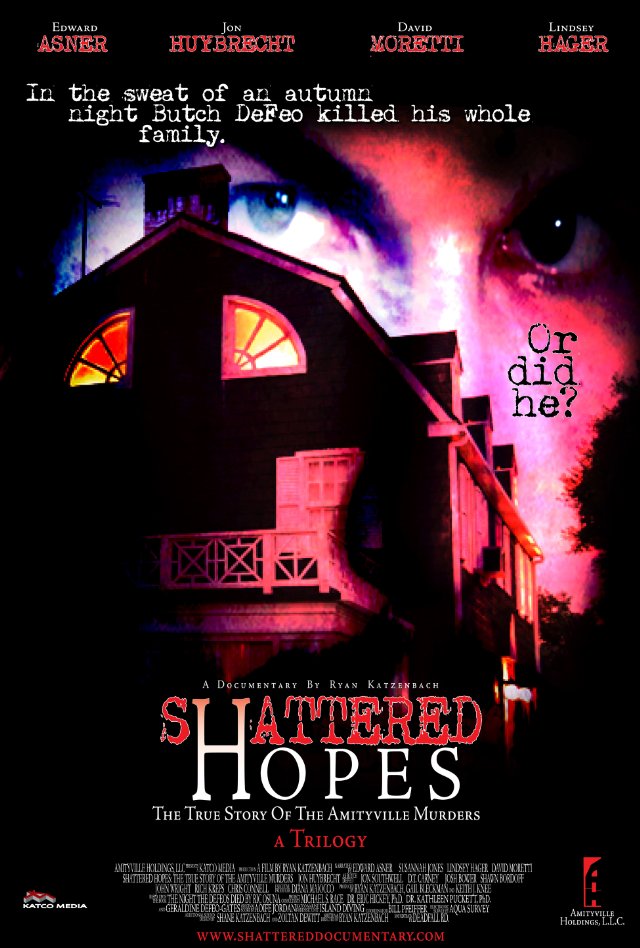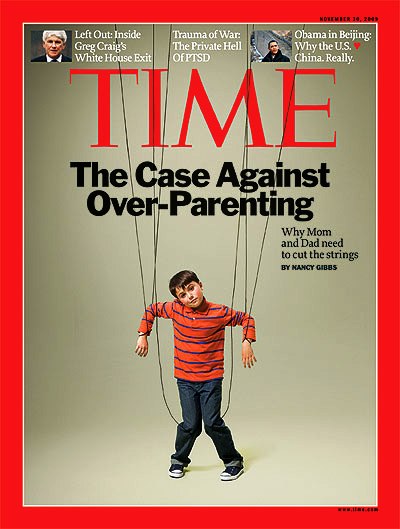In my response to the reader who claimed wanting to die 5 out of seven days a week, I forgot something critical: It’s not always “in your head.”
In other words, withering depression is also the result of physical trouble.
Mood music:
http://youtu.be/cFKeEBFsZek
A friend reminded me of that after she read this morning’s post. She wrote to me:
May I also suggest to said young man to seek an MD’s opinion. There are numerous physical conditions that can cause lack of sleep and changes in appetite which in turn cause depression which in turn… well, I’m sure you’re able to continue the vicious cycle there.
One of the things I’ve learned since being diagnosed with Celiac’s is the incredibly intimate relationship between physical and mental well-being. The psychological impact of an auto-immune reaction to gluten, for example, is far more long-lasting for some than the physical impact – causing depression, lack of sleep, utter despair, even suicidal thoughts. I get in these cycles when I’m reacting to gluten, and they are ugly – I have actually pondered driving into a tree more than once. Post-partum depression too, is most often caused by physical factors, for example, that can go away in time. I found the key to even a short period of PPD to be recognizing that it was physical, not mental, and that it would eventually “go away.” It didn’t make me cry less, but not heaping concern that I was “losing it” on top of the depression did help me manage more effectively until it dissipated.
I’m sure there are other physical conditions as well that might be a cause, and I would encourage said young man (and anyone else) to take a two-pronged attack to the problem – seek a therapist or someone trusted to help with the traumatizing psychological impact now while simultaneously seeking an MD’s opinion. It may be all psychological, it may not – but if it is an underlying medical condition that is the root cause it can be managed.
Too often people consider issues “in their heads” to be “all in their heads” and sometimes, that’s not the case, leaving them never truly able to be healed. Both avenues should be explored – just in case it’s something physically simple (and unrecognized) behind it…
Very wise words.
I know for a fact that physical problems have fueled much of my depression over the years: Violent Crohn’s Disease attacks during childhood, migraines, severe back trouble. It all wears you down to the point of feeling hopeless.
I finally found a good chiropractor and the back pain went away. I got lucky with the Crohn’s Disease because it hasn’t stabbed me hard enough to make Prednisone necessary since 1986. Those things have improved my mental health considerably.
It goes to show just how interconnected everything is.
So please see a doctor. A change in diet, increase in sleep and discovery of hidden medical ailments may be all it takes to feel the craving for life again.

